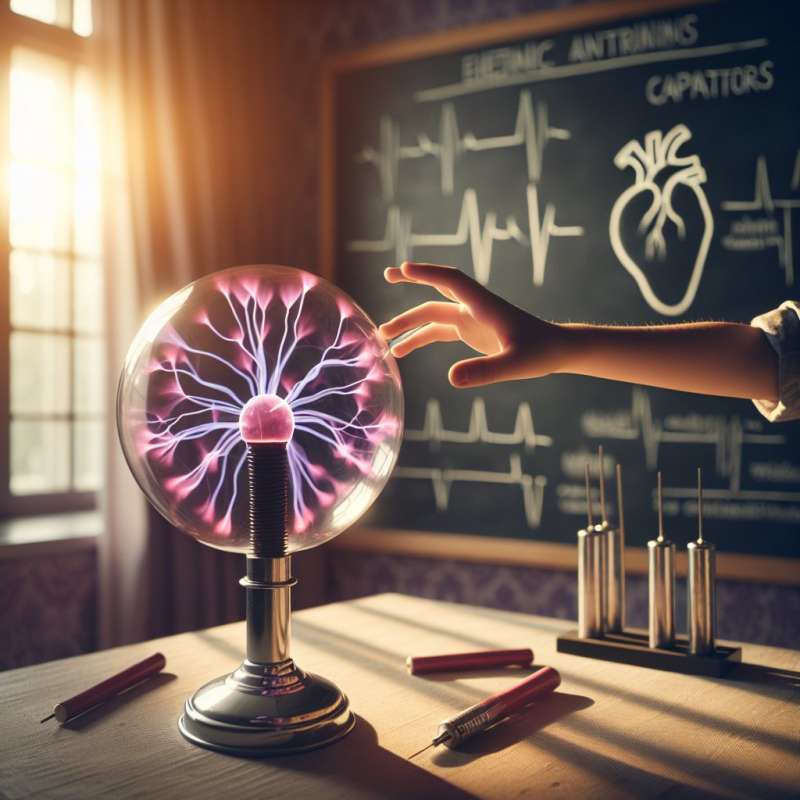
Defining Electricity Fundamentally
Electricity is the set of physical phenomena associated with the presence and motion of electric charge. It forms the basis for electromagnetism, which governs the forces between charged particles.
The Electron's Pivotal Role
Central to electricity is the electron, a subatomic particle with a negative charge. Electrons moving through a conductor create electric current, used in countless applications.
Electricity's Natural Manifestations
Lightning is a natural display of electricity, where a high-voltage electric discharge bridges the gap between clouds or between a cloud and the ground.
Innovative Uses of Static
While often a nuisance, static electricity has practical applications, from air purifiers to photocopiers, leveraging the ability to attract and repel charged particles.
Electric Fields: Invisible Forces
Electric fields exert forces on charged objects. They're crucial in technologies like capacitors and are fundamental in the workings of the heart, monitored by ECGs.
Piezoelectricity: Pressure Power
Certain materials, like quartz, generate an electric charge under mechanical stress. This piezoelectric effect is harnessed in lighters, guitar pickups, and medical ultrasound imaging.
Wireless Electricity's Rise
Wireless power transfer is no longer science fiction. From induction cooktops to wireless charging pads for devices, transferring electricity without wires is becoming commonplace.Electric Eels' Shocking Power
Electric eels can generate over 600 volts, enough to stun a horse. They use this electricity to navigate and hunt in murky waters.
What governs forces between charged particles?
Gravitational pull
Electromagnetism
Quantum mechanics
Company